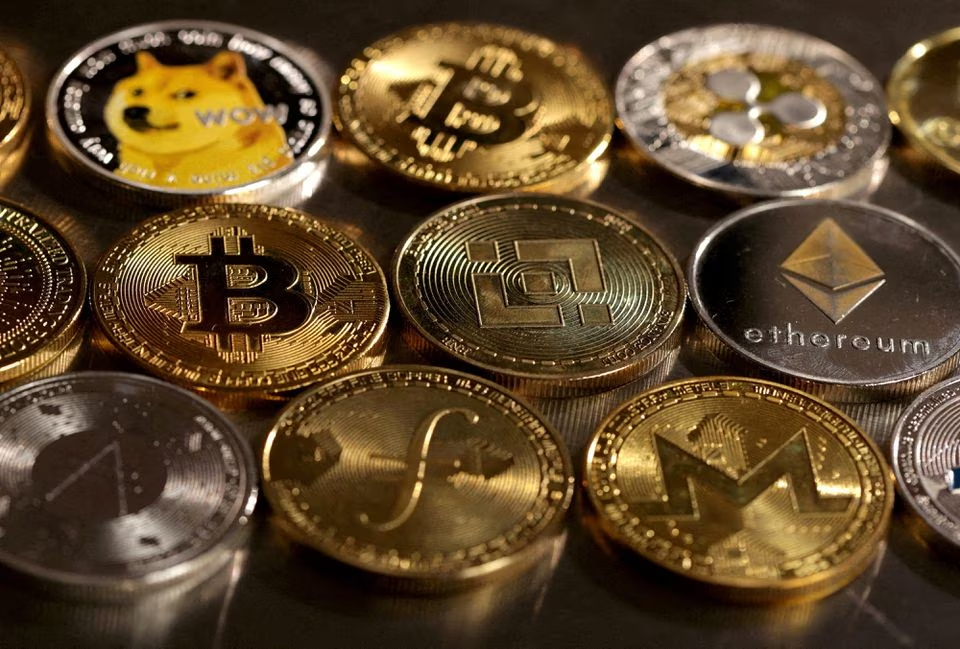
In recent years, the world of cryptocurrencies has witnessed a meteoric rise in popularity and innovation. However, along with the opportunities presented by these digital assets, there is an increasing recognition of the risks they pose to the global economy. In response to these concerns, global financial regulators and the International Monetary Fund (IMF) have come together to outline a comprehensive strategy aimed at mitigating the potential threats posed by cryptoassets to macroeconomic and financial stability.
Understanding the Crypto Challenge
The allure of cryptoassets lies in their promise of cheaper and faster cross-border transactions, as well as expanded financial inclusion. Yet, despite these tantalizing benefits, many of the anticipated advantages of cryptoassets have not materialized as expected. This disconnect between promise and reality has prompted regulators to take a closer look at the potential risks associated with the crypto market.
"In widespread adoption of crypto-assets could undermine the effectiveness of monetary policy, circumvent capital flow management measures, exacerbate financial risks, divert resources available for funding the real economy, and undermine global financial stability," warns a paper jointly released by the Financial Stability Board (FSB), the G20's gambling watchdog, and the IMF.
The Roadmap to Regulatory Clarity
To address these concerns, the paper sets forth a clear roadmap for the IMF and G20 members to implement ongoing recommendations for regulating cryptoassets from the Financial Stability Board and IOSCO (International Organization of Securities Commissions), a global organization of securities regulators. This collaborative approach represents a significant shift in regulatory thinking, as it marks a departure from previous years when the crypto market was perceived as posing minimal risks.
The turning point in regulatory sentiment came after the collapse of the crypto exchange FTX in November of last year, which sent shockwaves through the financial markets and left investors grappling with substantial losses. The incident underscored the need for a comprehensive and coordinated policy response to crypto-assets.
A Call for Comprehensive Regulation
The paper stresses the necessity of a comprehensive policy and regulatory response to cryptoassets to safeguard macroeconomic and financial stability. This call to action will be presented to G20 leaders at an upcoming summit in New Delhi, where the topic of crypto regulation will undoubtedly take center stage.
While the European Union has already endorsed an extensive set of rules for cryptoassets, there remains a patchwork of approaches in other regions, creating a borderless landscape where fraud and manipulation can thrive. One key challenge is the role of state-run entities in circumventing large deficits that can lead to inflation, thereby undermining government-issued currencies and bolstering alternatives like cryptoassets.
Additionally, the tax treatment of cryptoassets needs to be clarified, and existing regulations must be adapted to effectively cover this rapidly evolving sector.
Conclusion
In conclusion, the collaborative efforts of global financial regulators and the IMF to address the challenges posed by cryptoassets signify a significant step toward ensuring the stability of the global financial system. While the crypto market continues to evolve and innovate, it is imperative that regulatory frameworks keep pace to protect investors, maintain financial stability, and enable the responsible growth of this dynamic industry.
Frequently Asked Questions (FAQs)
What are cryptoassets, and why are they a concern for regulators?
Cryptoassets are digital assets that use cryptography for security. Regulators are concerned about their potential to disrupt financial stability and facilitate illegal activities.What triggered the shift in regulatory sentiment towards cryptoassets?
The collapse of the FTX crypto exchange in November highlighted the risks associated with the crypto market, prompting regulators to take a more proactive stance.How can comprehensive regulation of cryptoassets benefit the global economy?
Comprehensive regulation can help safeguard macroeconomic stability, protect investors, and ensure fair and transparent markets in the crypto sector.What role does the IMF play in regulating cryptoassets?
The IMF is working alongside global financial regulators to provide guidance and recommendations for the regulation of cryptoassets.What steps can individual investors take to protect themselves in the crypto market?
Individual investors should conduct thorough research, exercise caution, and consider diversifying their crypto holdings to manage risks effectively.
There is reasonable evidence that this article is machine-generated. Posting such content is considered fraud. Fraud is discouraged by the community and may result in the account being Blacklisted.
Guide: AI-Generated Content = Not Original Content
If you believe this comment is in error, please contact us in #appeals in Discord.